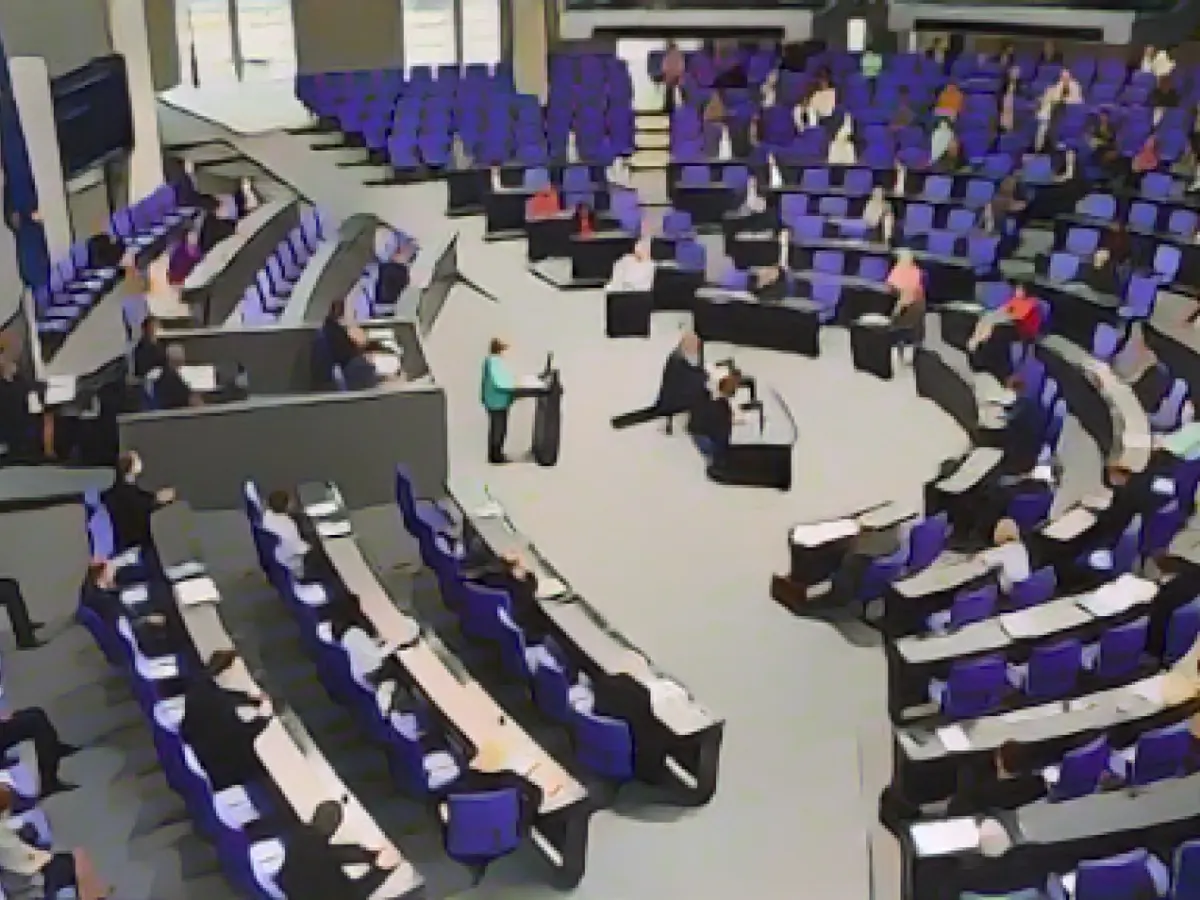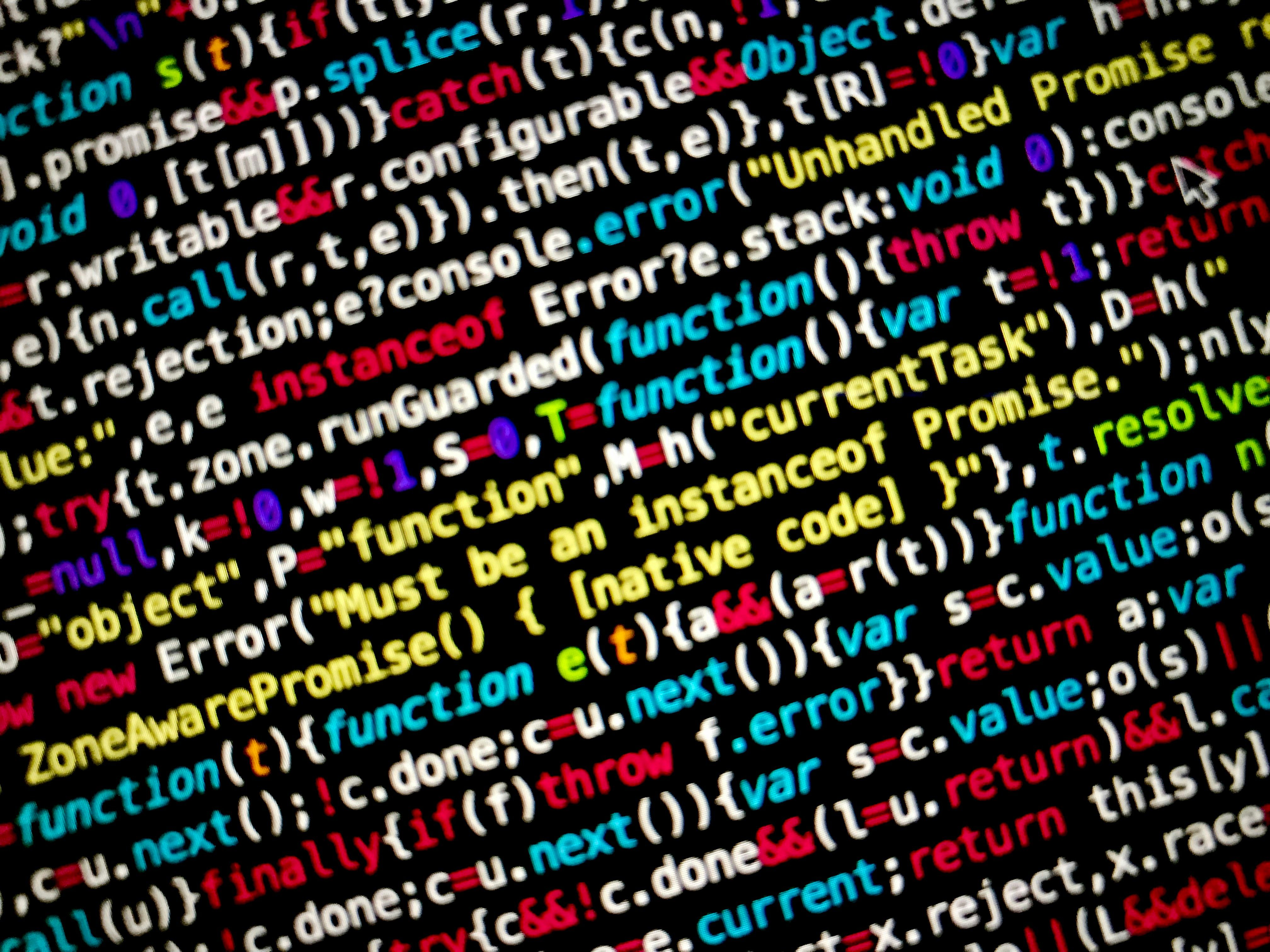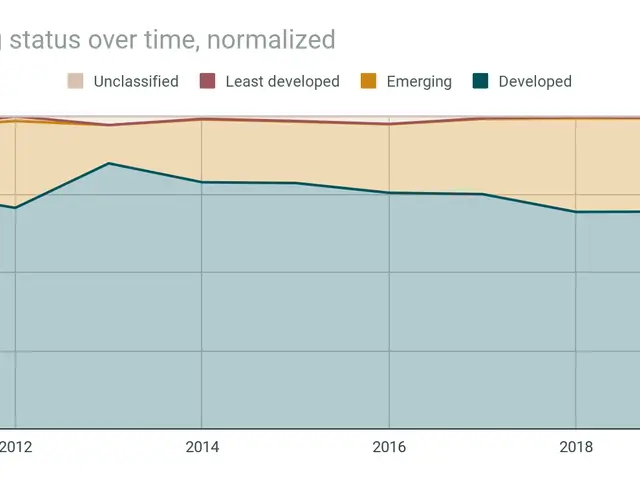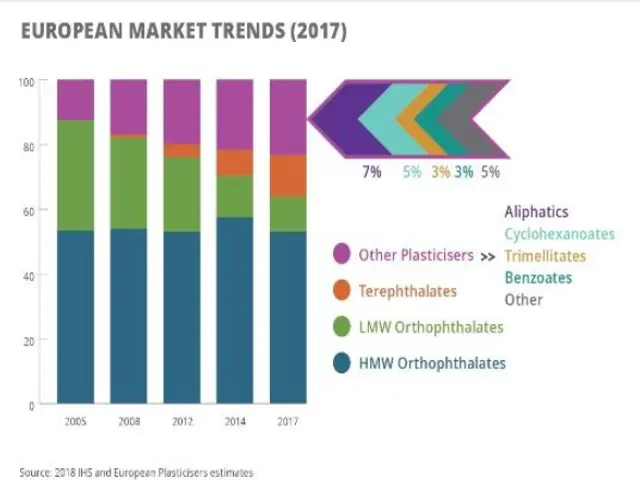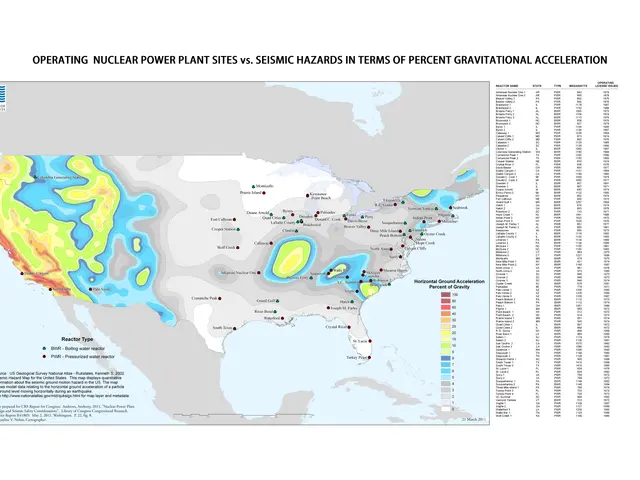Bundestag Approves Extra Budget for 2023, Emphasizing Renewables and Infrastructure
The German Parliament, also known as the Bundestag, has greenlit an additional budget for 2023, focusing on various vital sectors. With the economic climate in view, the Bundestag felt compelled to approve this extra budget to cater to specific necessities like infrastructure and social services.
Unraveling the Bundestag's Decision
After careful scrutiny, the Bundestag authorized the extra budget, channeling funds to diverse purposes. These objectives ranged from boosting the economy and bolstering key industries to addressing immediate investment requirements, particularly during an ongoing economic predicament.
Let's Dive Deeper: The Key Factors
Emphasis on Renewable Energy
The Bundestag's decision was partially driven by amendments to the Renewable Energy Sources Act (EEG 2023). This move was designed to elevate biogas plants' promotion, encompassing measures such as extending follow-up financing for existing biogas plants, expanding tenders for biomass, and flexibilizing subsidies for better integration in the energy system.
Investment in Infrastructure
The supplementary budget also targeted upgrading infrastructural capabilities. By addressing immediate investible needs amid an ongoing economic crisis and escalating demands from economists for increased public investment, the Bundestag aimed to uplift this important sector.
Debt Brake Considerations
The debate surrounding the debt brake mechanism (Schuldenbremse) also influenced the Bundestag's decision. This constitutional constraint limits annual federal deficits to 0.35% of GDP and prevents federal states from racking up new net debt. Considering the German economy's lingering structural problems and reduced competitiveness, there's a growing consensus that the German economy cannot adequately address its challenges without adjusting the debt brake.
Shaping the Future: Proposed Reforms
Both the SPD and the Greens have advocated for loosening the debt brake to release more funds for investments in defense, infrastructure, education, and environmental protection. Economists and the German Bundesbank have similarly voiced their support for altering the debt brake, potentially raising the structural deficit to a maximum of 1%.
Political Context
The upcoming federal election in February 2025 has significantly influenced the Bundestag's decision. Parties like the CDU/CSU, FDP, and AfD generally favor upholding the debt brake, while the SPD and Greens propose modifications to this mechanism. Post-election coalition configurations, likely involving the CDU/CSU and either the SPD or the Greens, could lead to transformative changes in the debt brake mechanism.
In essence, the supplementary budget for 2023 has been approved to cater to emergent investment requirements, primarily in renewable energy and infrastructure. The decision has been driven by the necessity to confront Germany's structural economic issues and the ongoing debate surrounding the debt brake mechanism, with potential reforms aimed at enhancing funding for multiple sectors.
